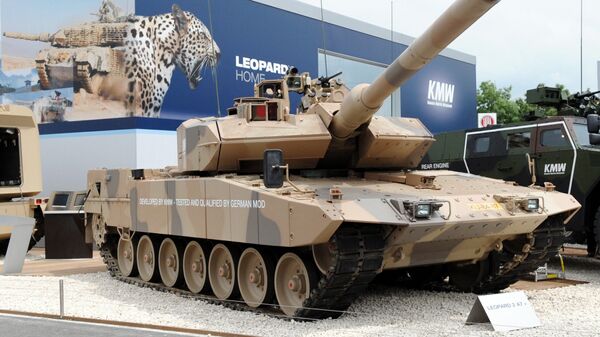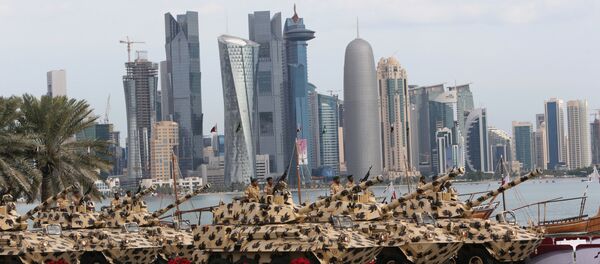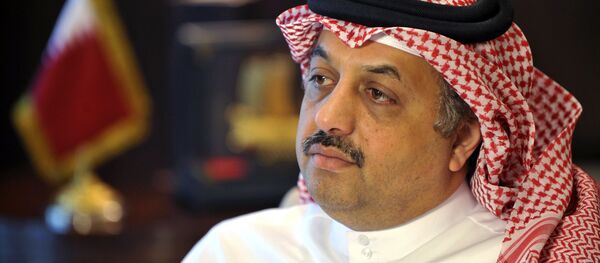Gabriel noted at the time that "the much-requested delivery of the Leopard II to the Arab world" cannot be decided purely on economic considerations, and must be made on the basis of a "differentiated analysis of foreign and security policy."
In this connection, the minister noted that "on the basis of such an analysis I have come to the conclusion that that the supply of this type of weapon, as before, cannot be justified."
Suddeutsche Zeitung called the minister out over his apparent lack of commitment to his own principles, discovering that in recent weeks, Germany has sent four Leopard II tanks, along with three self-propelled howitzers, to Qatar, with further deliveries to follow.
Moreover, the newspaper suggested that the politician's comments were not so much a change of heart as they were an outright lie, since the decision to sell arms to Qatar was made in 2013, under the old Christian Democratic Union-Free Democratic Party coalition government.
The paper pointed out that "while at that time Qatar had not yet committed to war in Yemen, even then the warnings against the shipment of arms to a region teeming with dictatorships and instability were there. This is particularly applicable to Qatar, whose support for terrorism was well known."
On Wednesday, Qatari Foreign Minister Khalid al-Attiyah suggested that his country could join Saudi Arabia and Turkey in a military intervention against the Syrian government on behalf of anti-Assad militants.
Throughout Syria's bloody civil conflict, Qatar has been an active and public supporter of anti-government militia, including the al-Nusra Front, al-Qaeda's Syrian branch.




